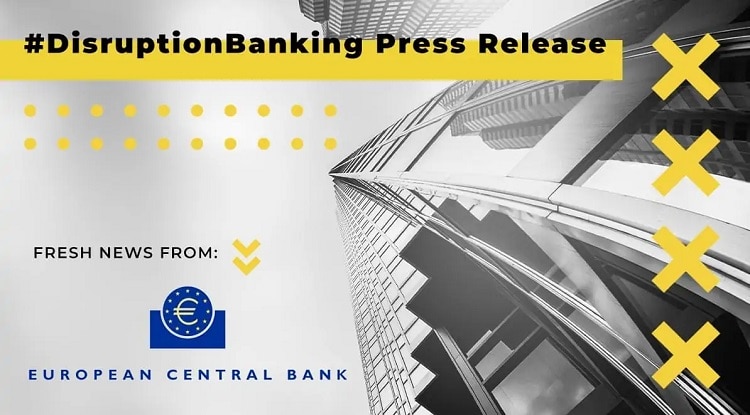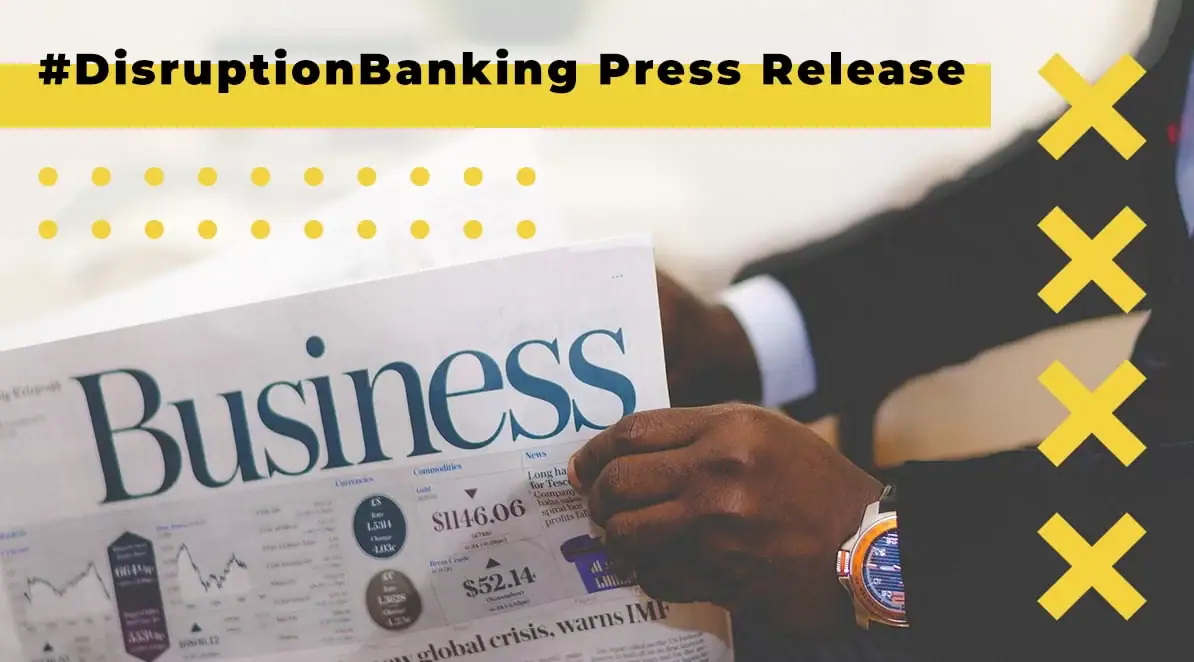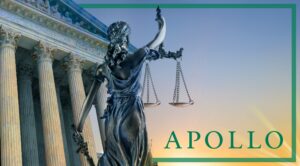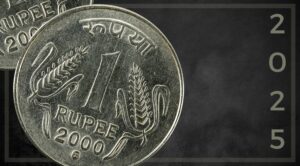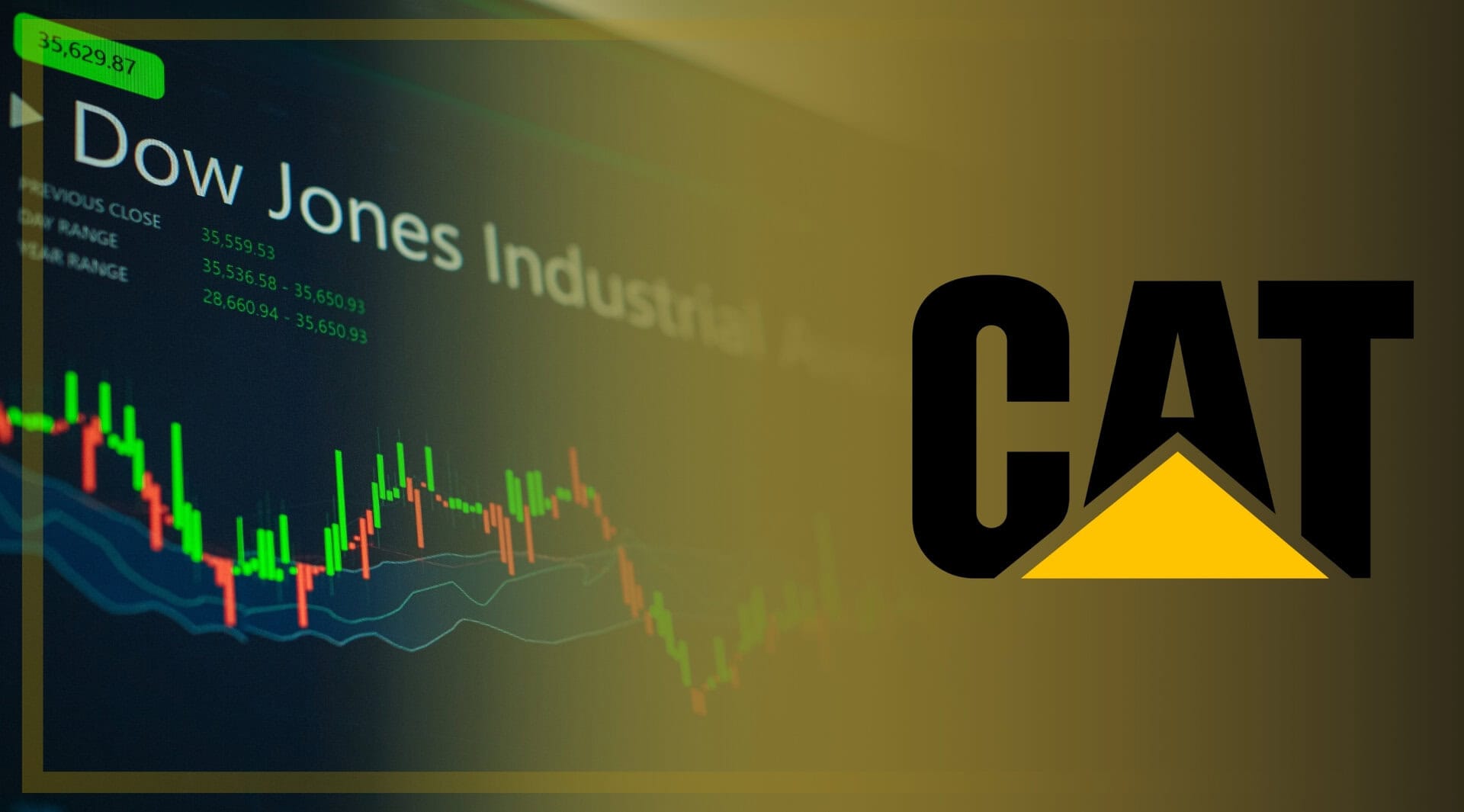On 29 and 30 June 2022, the IFRS Foundation Monitoring Board met in Montréal, Canada.
The Monitoring Board members met with the trustees of the IFRS Foundation under the leadership of Erkki Liikanen, Chair of the IFRS Foundation, with the IASB Chair, Andreas Barckow, and the ISSB Chair, Emmanuel Faber. The meeting was the first between the Monitoring Board and the IFRS Foundation leadership since the publication of the Exposure Drafts of the IFRS Sustainability Disclosure Standards[1] (“draft standards”).
The Monitoring Board discussed the ongoing activities of the International Accounting Standards Board and heard from the Chair of the Due Process Oversight Committee on the latter’s review of the activities of the Boards.
The Monitoring Board also discussed the ongoing activities of the ISSB. In that context, the Monitoring Board welcomes the ongoing public consultation by the International Sustainability Standards Board (ISSB) on the draft standards and the progress made in the appointment of Board members to the ISSB. We strongly encourage all stakeholders to continue engaging with the ISSB and to respond to their consultation by 29 July 2022. We welcome that the ISSB is particularly interested in obtaining feedback from a variety of stakeholders to understand whether the proposals will provide useful information to investors and are capable of being applied and accepted globally, including by smaller companies and those in emerging markets. We also encourage the ISSB to continue their outreach with preparers from different industries and sizes.
The finalization of the draft standards has the potential to mark an important milestone in the development of a global baseline of sustainability disclosure standards that jurisdictions could use. In this respect, the Monitoring Board considers the outreach program that ISSB has embarked on during the consultation period as a positive step as the organization seeks to put into practice an effective building blocks approach to the interoperability of the ISSB global baseline. In that context, the Monitoring Board strongly supports the ISSB’s ongoing engagement with a wide variety of stakeholders, including through the formation of the Jurisdictional Working Group.
The Monitoring Board will continue working closely with the leadership of the IFRS Foundation Trustees to ensure robust due process, governance and oversight in the standard setting process for financial reporting and sustainability reporting standards.
Jean-Paul Servais, Chairman of the IFRS Monitoring Board and IOSCO Board Vice Chair, said: “The Monitoring Board will continue its engagement with the IFRS Trustees to ensure that IFRS Sustainability Disclosure Standards are responsive to the public interest and subject to robust governance, rigorous due process and oversight in the same way as the IFRS Accounting Standards.”
1 [draft] IFRS S1 (General Requirements) and [draft] IFRS S2 (Climate-related Disclosures)
About the IFRS Foundation Monitoring Board
The Monitoring Board was created in 2009 with the aim of overseeing the IFRS Foundation, whose Trustees in turn exercise oversight over the IASB (International Accounting Standards Board).
The members of the Monitoring Board are the Board of the International Organization of Securities Commissions (IOSCO), the IOSCO Growth and Emerging Markets Committee, the Financial Services Agency of Japan (JFSA), the European Commission, the US Securities and Exchange Commission (SEC), the Comissão de Valores Mobiliários (CVM) of Brazil, the Financial Services Commission (FSC) of Korea and the Ministry of Finance of the People’s Republic of China.
The Basel Committee on Banking Supervision and the Comissão do Mercado de Valores Mobiliários of Portugal, which represents the IOSCO European Regional Committee, are observers.
Through the Monitoring Board, capital markets authorities responsible for setting the form and content of financial reporting in their respective jurisdictions are able to carry out more effectively their mandates regarding investor protection, market integrity and capital formation.




